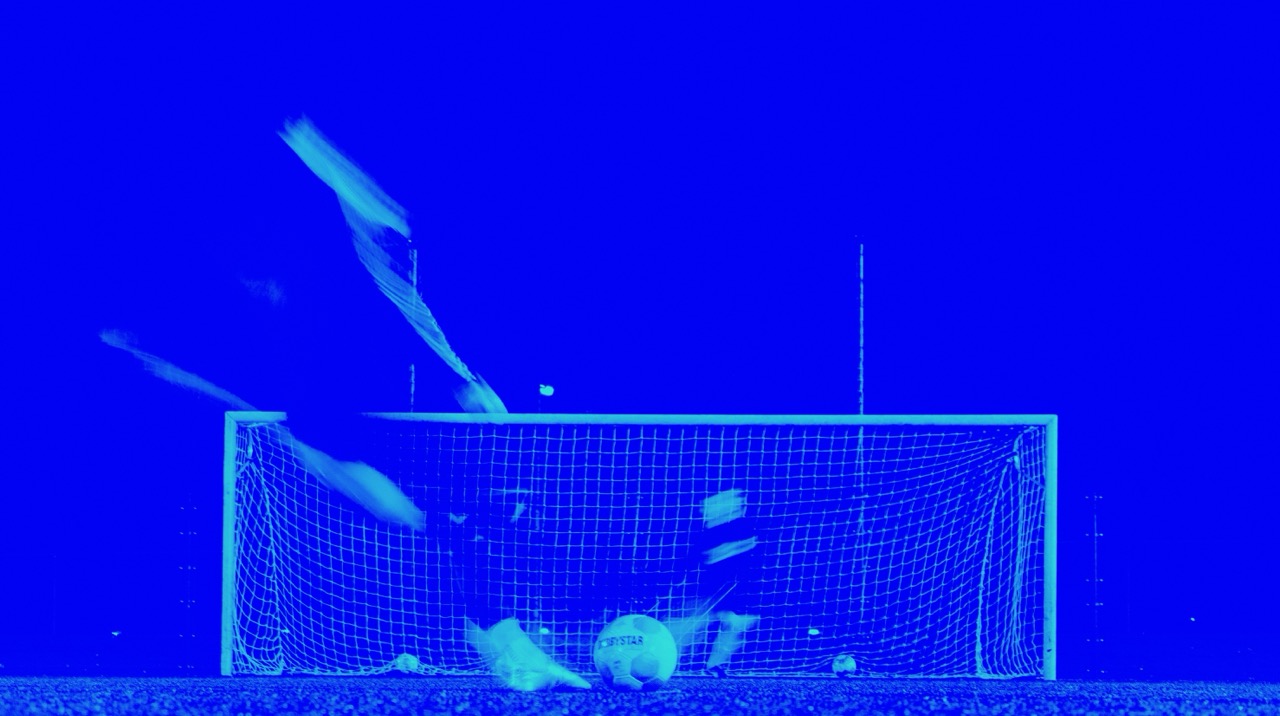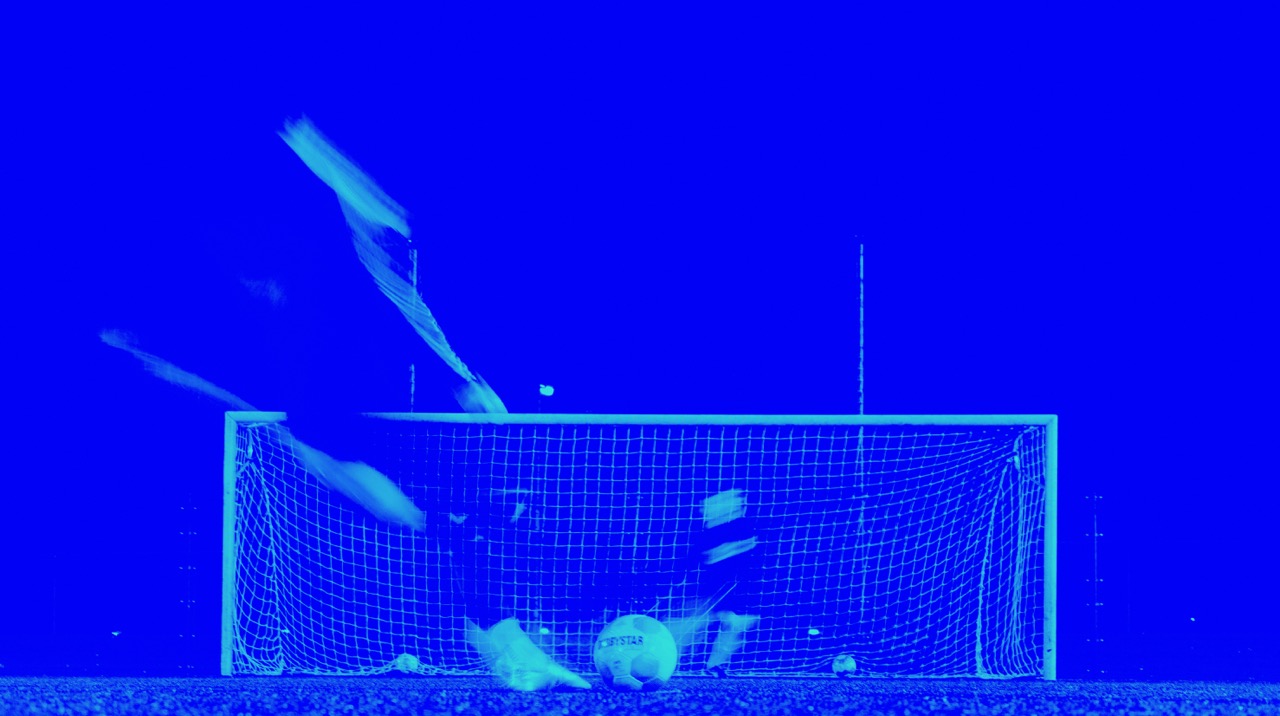Effect of birth date on playing time during international handball competitions with respect to playing positions
Karcher, C, Ahmaidi S and Buchheit M. Effect of birth date on playing time during international handball competitions with respect to playing positions. Kinesiology 46(2014) 1:23-32. Full text here / Journal original website
Abstract: While a relative age effect (RAE) has been reported in handball, such analyses do not consider actual playing time during competitions, which may actually have more impact on performance in matches. The objective of the present study was to examine the RAE on playing time during international competitions with respect to playing positions. Team compositions (477 players) of the quarter finalists of the 2012 Olympic Games, 2013 World Championships, and 2014 European Championships were analyzed. Month and year of birth where collected in the starting list of each team for center, left and right backs, left and right wings, goalkeepers and pivots. Players were categorized into birth quartile (Q1 Jan–Mar; Q2 Apr–Jun; Q3 Jul– Sep; and Q4 Oct–Dec) and as odd/even year. Playing times were retrieved from official statistics. Data were analyzed for practical significance using magnitude-based inferences. We observed a strong selection bias towards players born earlier within a two-year selection period for all playing positions (Chi-square, p<.001). There was, however, an inconsistent effect of age (i.e. expected, reversed or a lack of it) on actual playing time during competitions. In conclusion, the present study showed for the first time that, despite its large effect on players’ selection, players’ relative age had a limited and position-dependent effect on their actual playing time during top-level competitions. Present findings suggest that the reasons supporting the relative age effect with respect to team selection are at odds with the current utilization of players by coaches in the field.
Key words: relative age effect, team selection, main competitions



